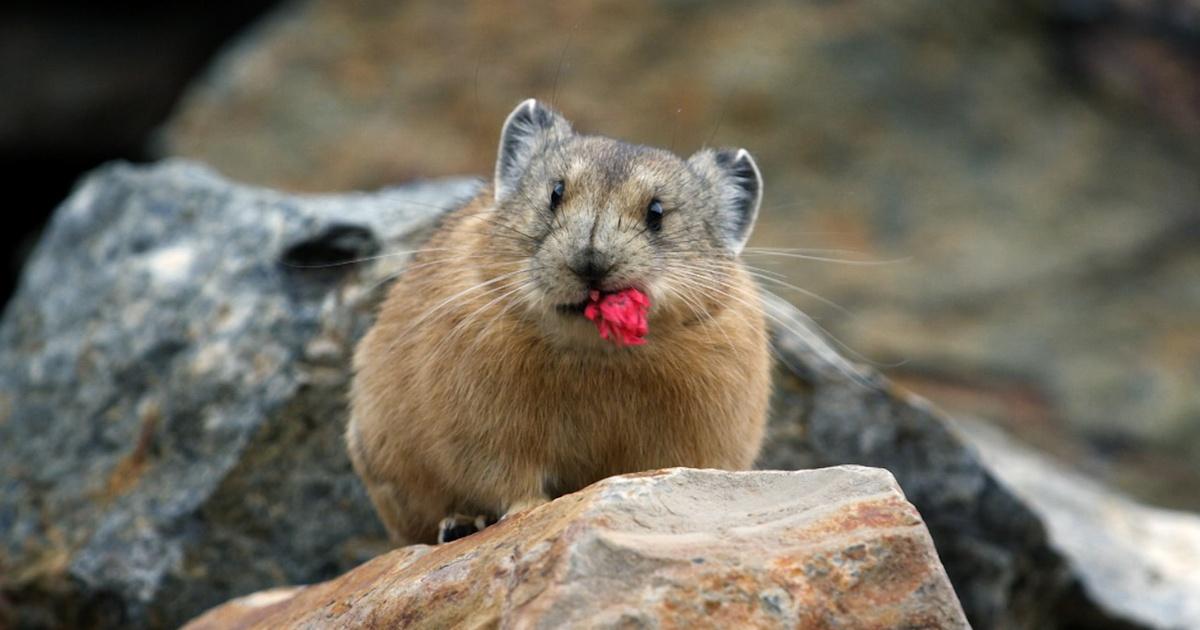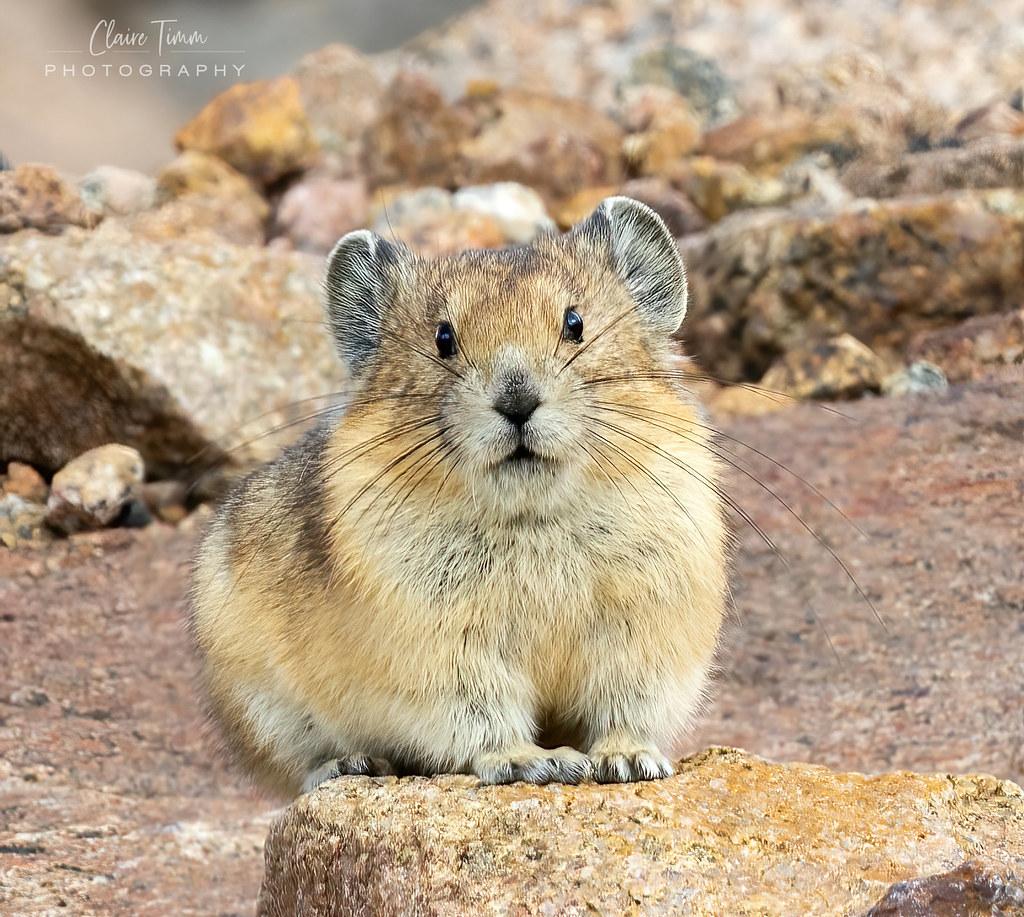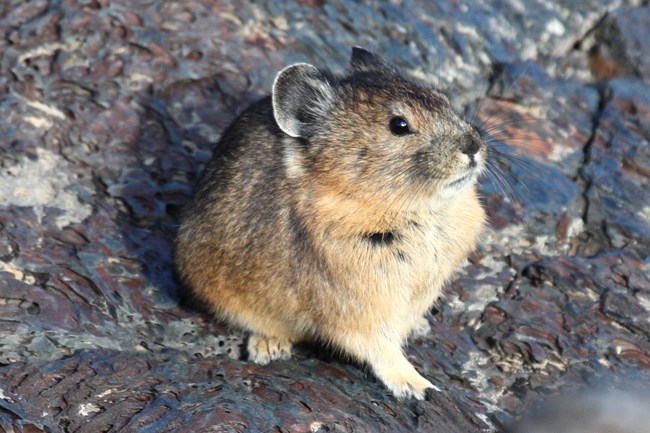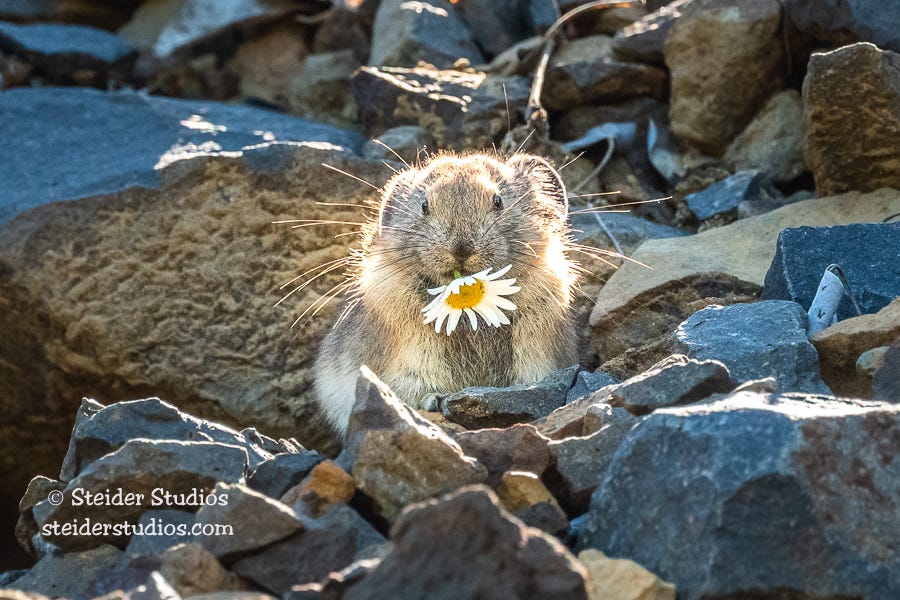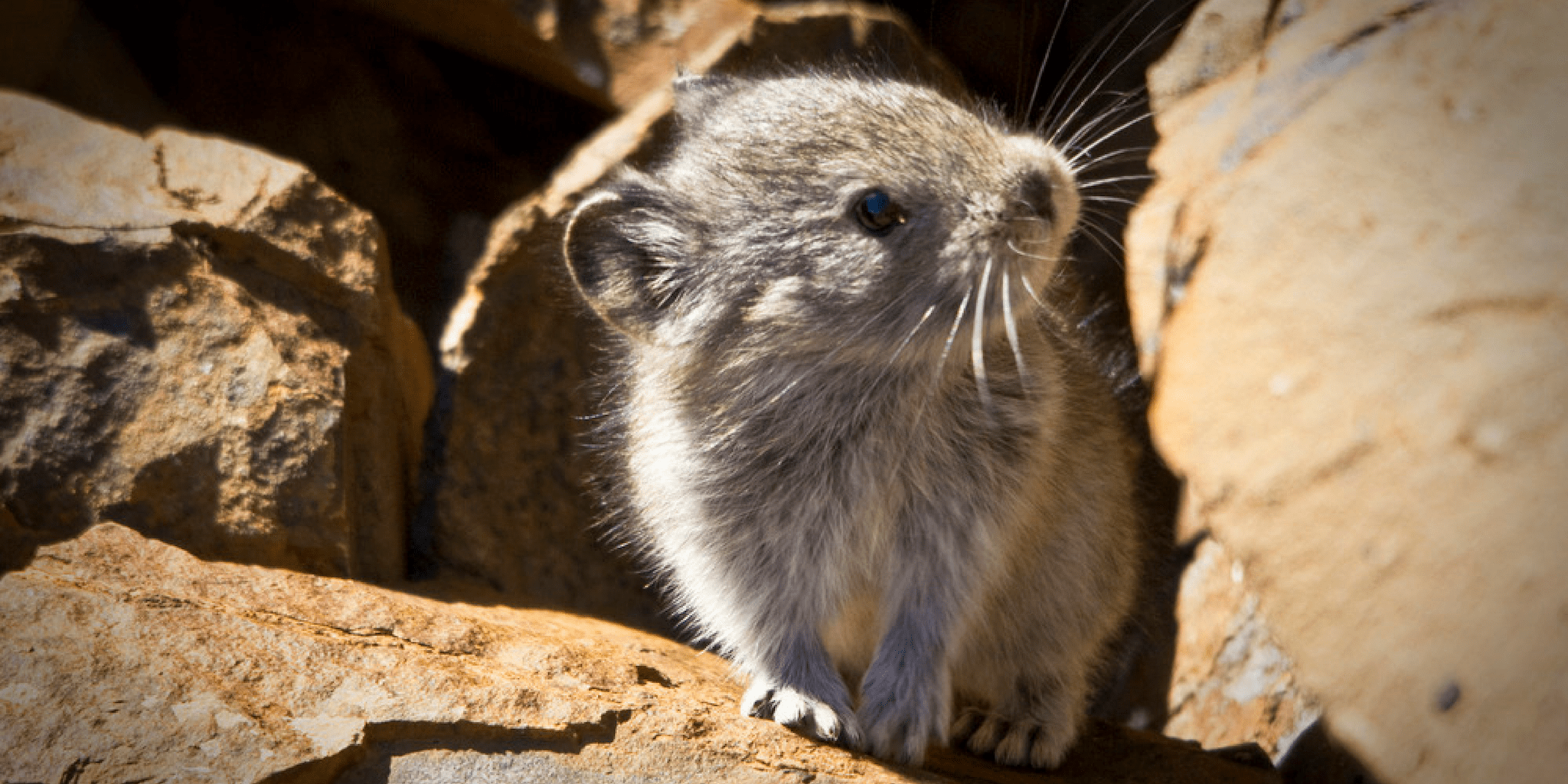
Study: Geography, not genetics, influences American pika's response to climate change
A very large team of researchers from across the U.S. along with a few from Canada and Australia has found that geography is playing more of a role in how the American pika is responding to climate change than genetics. In their paper published in the journal Nature Climate Change, the group describes their exhaustive study of the small animal and what they found. Meagan Oldfather with the University of Colorado Boulder has published a News & Views piece in the same journal issue outlining the work by the team.
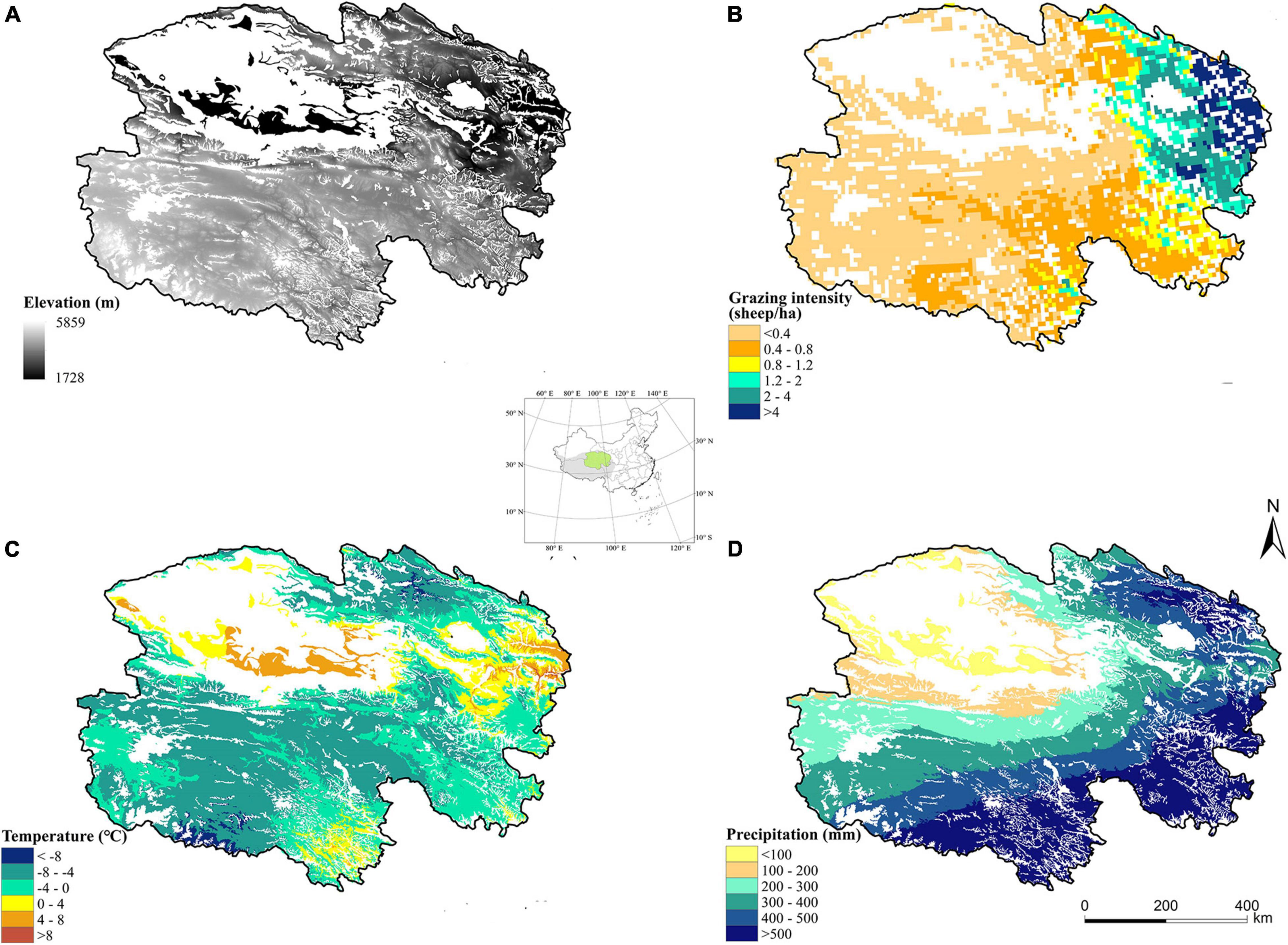
Frontiers Spatiotemporal Dynamics of the Carbon Budget and the Response to Grazing in Qinghai Grasslands

Genetic Diversity: Most Up-to-Date Encyclopedia, News & Reviews

Journal of Biogeography
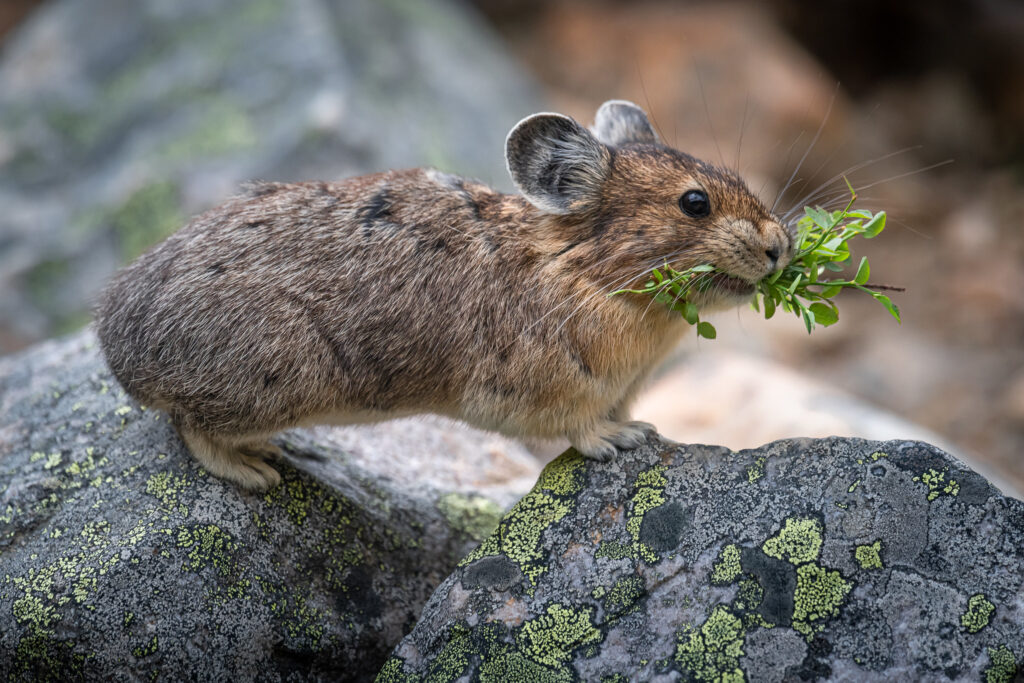
Climate Change Threatens California Pikas - Science Connected Magazine

Integrating biogeography and behavioral ecology to rapidly address biodiversity loss

PDF] Union of phylogeography and landscape genetics
Revisiting talus and free-air temperatures after 50 years of change at an American pika (Ochotona princeps) study site in the Southern Rockies

Alternatives to genetic affinity as a context for within-species response to climate

Temporal and geographic distribution of gut microbial enterotypes associated with host thermogenesis characteristics in plateau pikas

To save climate-sensitive pikas, conservation efforts need to get local, NOVA

Novel genomic resources for a climate change sensitive mammal: characterization of the American pika transcriptome, BMC Genomics
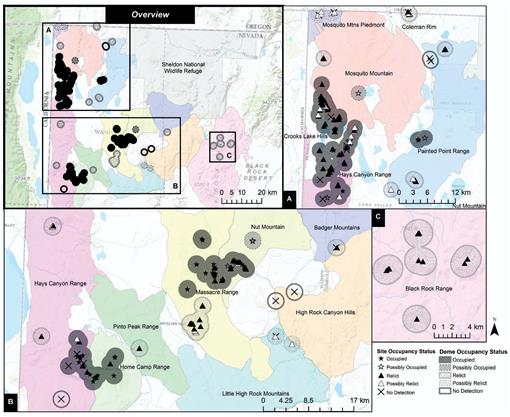
A Surprising Discovery of American Pika Sites in the Northwestern Great Basin
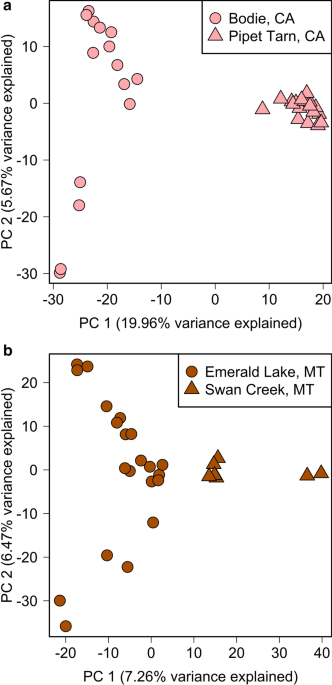
Genomic variation in the American pika: signatures of geographic isolation and implications for conservation, BMC Ecology and Evolution

Genomic variation in the American pika: signatures of geographic isolation and implications for conservation, BMC Ecology and Evolution
